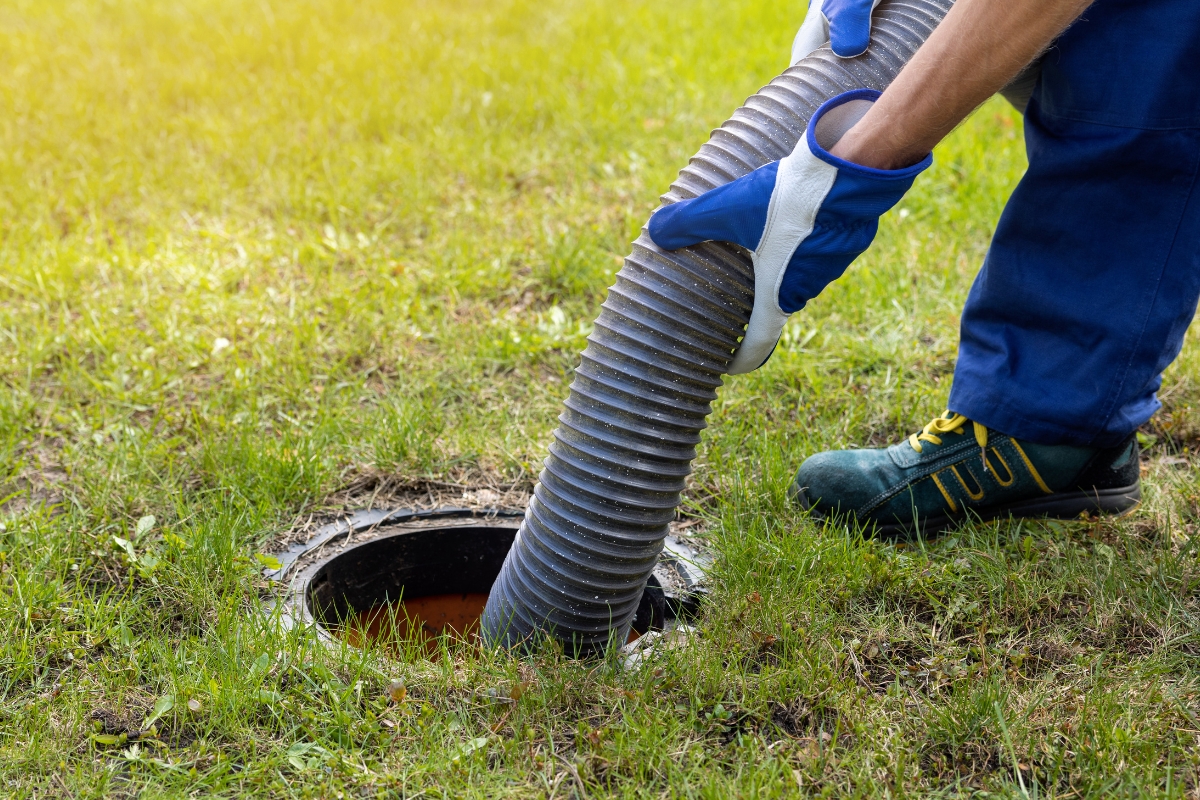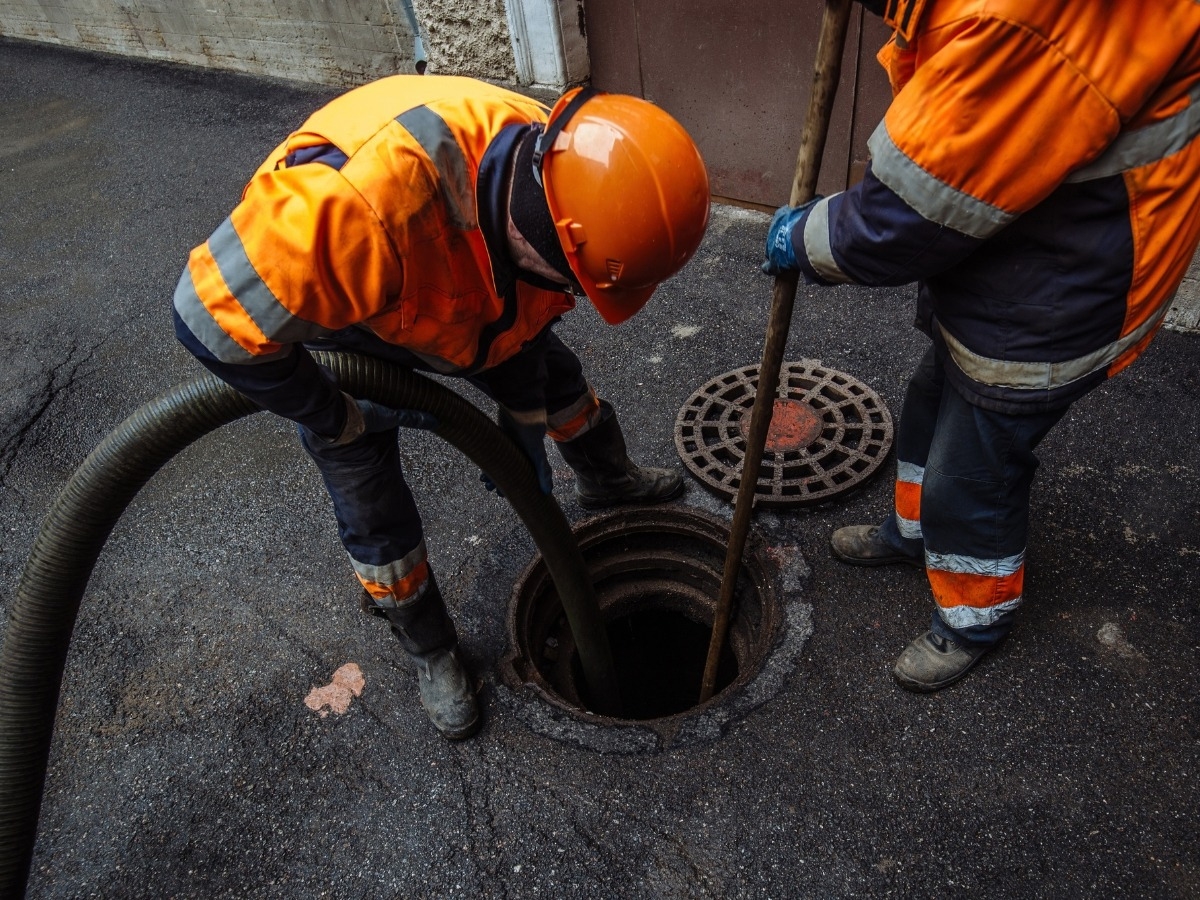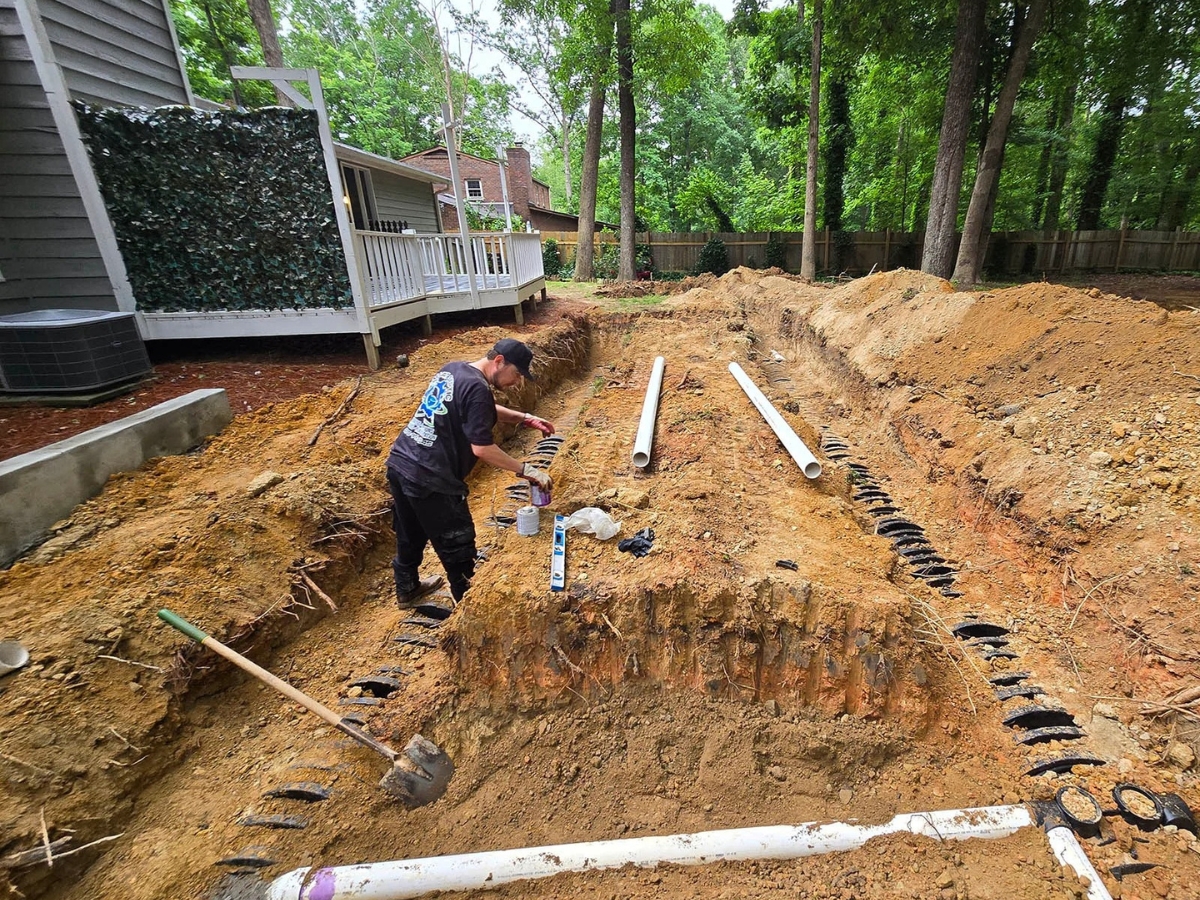When it comes to home maintenance, few things can disrupt daily life quite like a septic system emergency. From foul odors to backed-up drains, dealing with septic issues requires swift action and expert guidance from emergency septic services to minimize damage and restore peace of mind.
In this guide, we’ll provide you with essential knowledge and practical tips for handling household septic disasters with confidence. Whether you’re facing a clogged drain or a full-blown septic backup, understanding how to navigate these emergencies can make all the difference in safeguarding your home and your family’s well-being.
Get ready to equip yourself with the knowledge and resources needed to tackle septic emergencies head-on and emerge victorious.
In Deep Trouble? Emergency Septic Services to the Rescue!
Signs of Septic System Issues
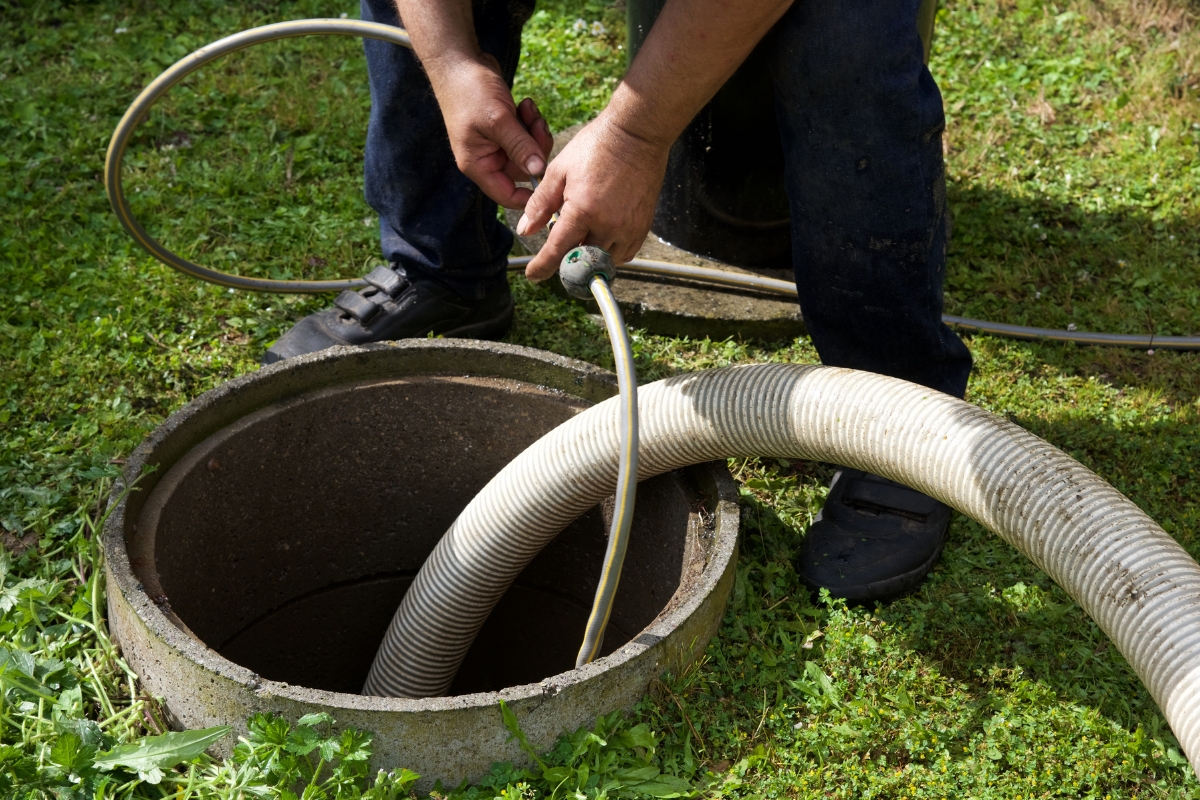
Before we dive into the world of emergency septic services, it’s important to familiarize ourselves with the signs that indicate potential septic system issues. By recognizing these red flags early on, you can take proactive measures to prevent a full-blown disaster.
Indicative of a septic system issue is a foul odor permeating from your drains or yard, a prevalent sign that could point to a potential backup or leak in the system. Furthermore, the sluggish drainage of sinks, toilets, or showers might signal a blocked or deteriorating septic system.
Another telltale sign is the presence of standing water or overly lush grass around your drain field. This could mean that your septic tank is overflowing and needs immediate attention. Gurgling sounds coming from your plumbing fixtures can also be an indication that something is amiss with your septic system.
If you notice any of these signs, it’s crucial to address them promptly to avoid further damage and potential health hazards. Ignoring these warning signals could lead to more severe issues down the line, necessitating emergency septic services.
Importance of Timely Response
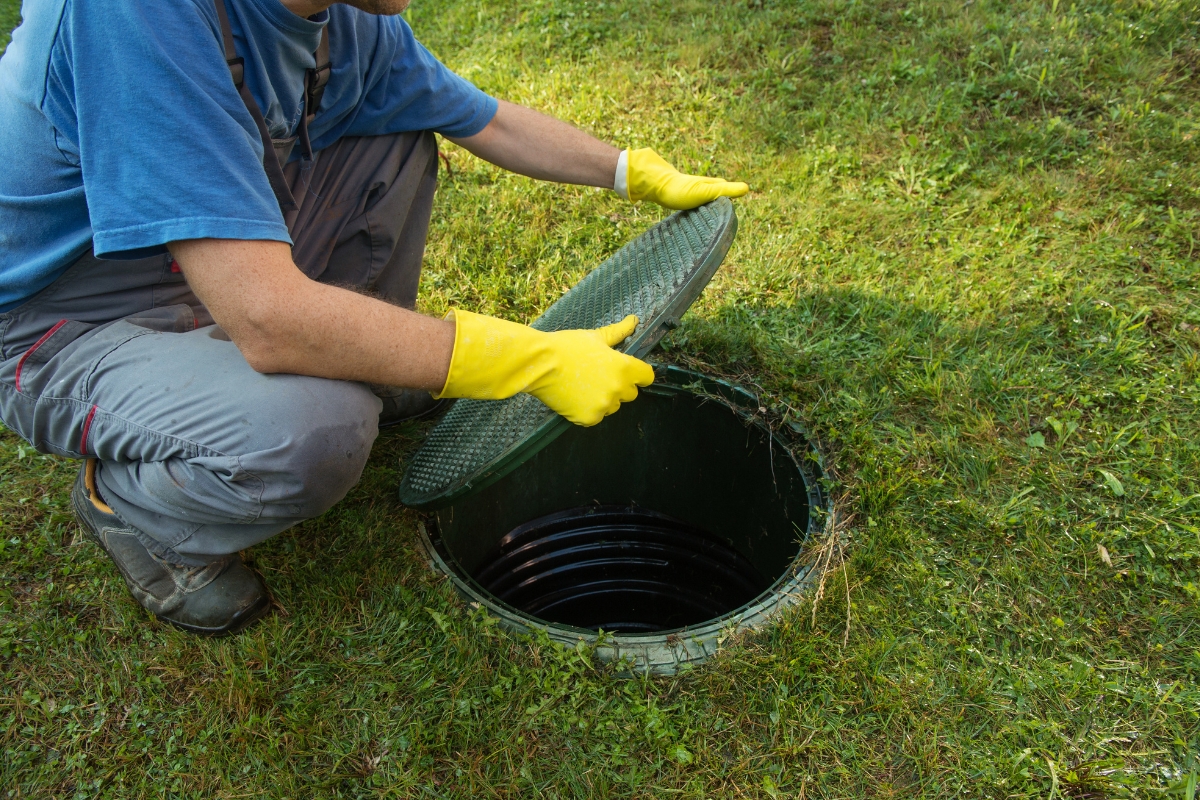
When it comes to septic system issues, time is of the essence. Ignoring or delaying necessary repairs can result in costly damages and disruptions to your daily life. That’s where emergency septic services come into play – they provide swift and efficient solutions when disaster strikes.
By seeking timely assistance from professionals specializing in emergency septic services, you can prevent minor problems from escalating into major catastrophes. These experts have the knowledge and equipment required to diagnose and resolve any issue swiftly and effectively.
A prompt response not only saves you money in the long run but also ensures the safety and well-being of your household. Septic system failures can pose health risks, contaminate groundwater, and cause environmental damage. By addressing these emergencies promptly, you protect your family and the surrounding ecosystem.
Finding Reliable Emergency Septic Service Providers
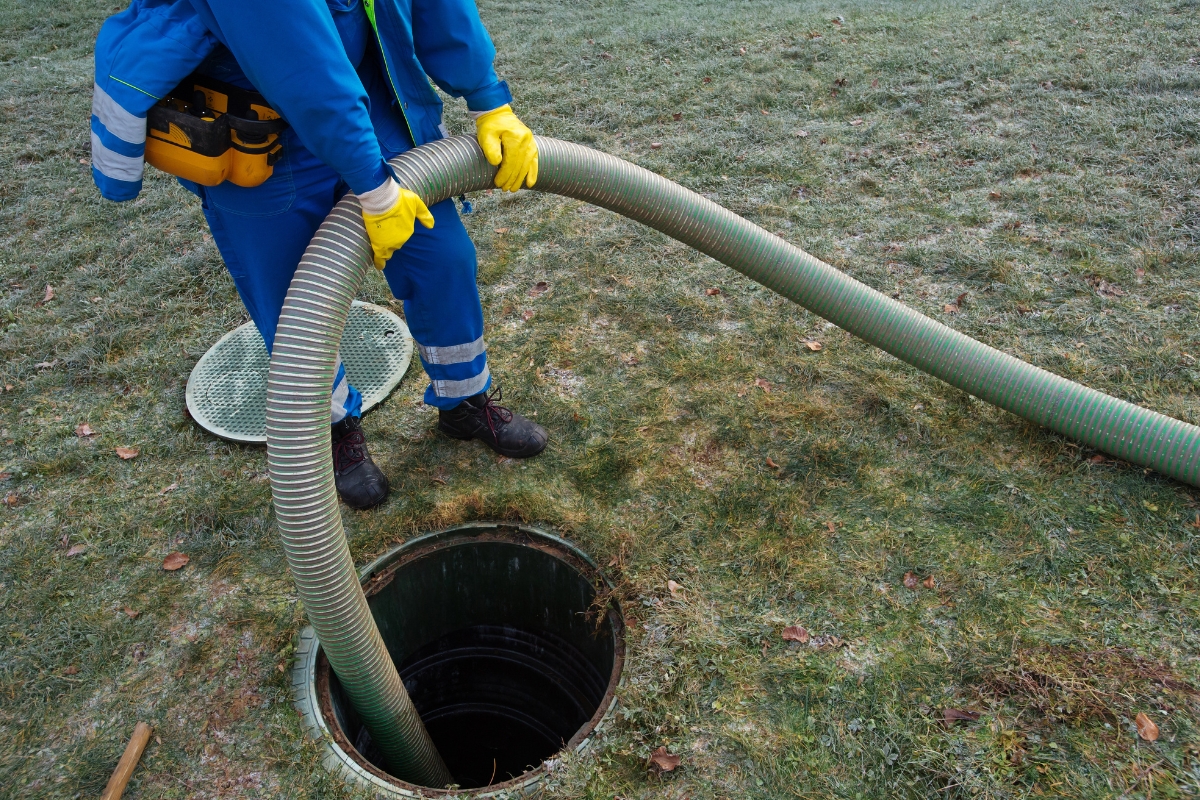
When faced with a septic system emergency, it’s crucial to have a reliable and trustworthy service provider on hand. Finding the right emergency septic service provider can make all the difference in resolving your household disaster efficiently.
Start by researching local companies that specialize in emergency septic services. Look for providers with a solid reputation and positive customer reviews. Ask for recommendations from friends, neighbors, or local community groups who have dealt with similar issues.
Ensure that the service provider you choose is licensed, insured, and certified to handle septic system emergencies. This guarantees that they have the necessary expertise and adhere to industry standards.
Additionally, consider their response time and availability. Emergencies can happen at any time, so it’s essential to choose a provider that offers 24/7 emergency services. Quick response times can minimize damage and help restore normalcy to your household swiftly.
Initial Steps to Take During a Septic Emergency
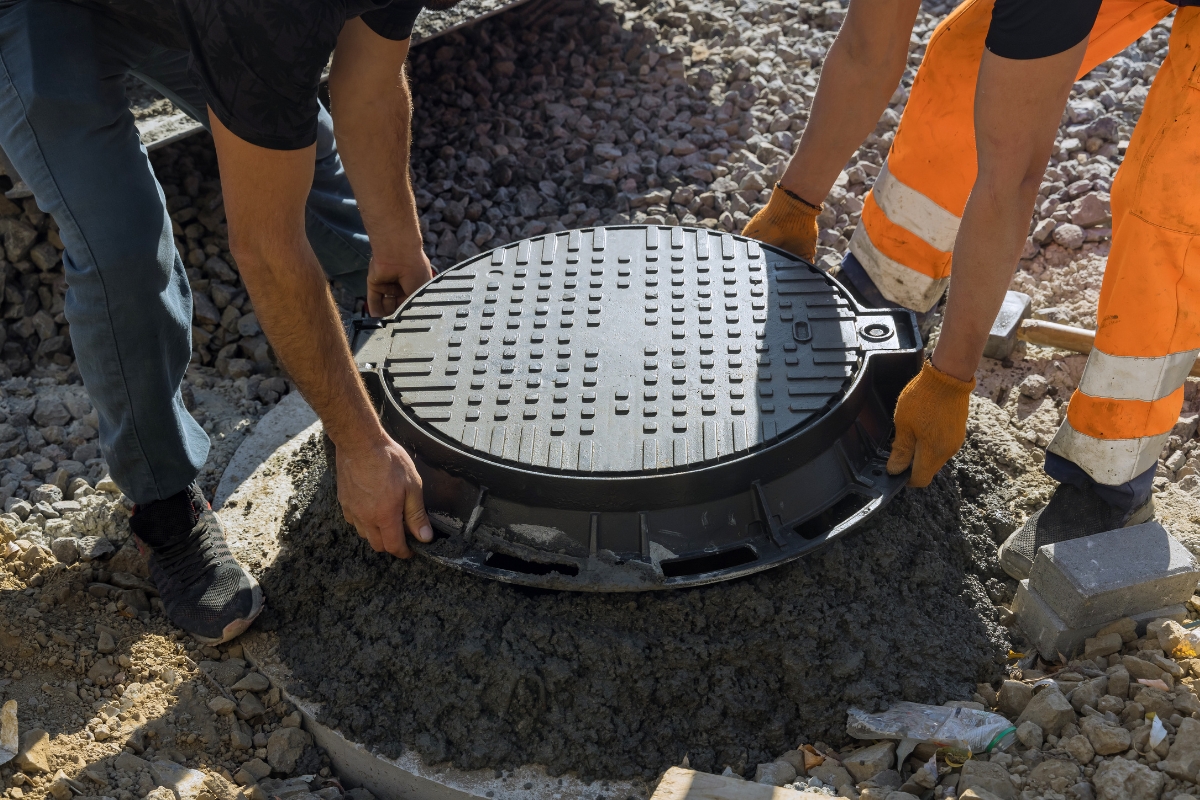
In the event of a septic system emergency, it’s important to take immediate action while waiting for professional assistance. These initial steps can help mitigate further damage:
- Protect Your Health: If there is standing water or sewage backup in your home or yard, avoid contact with it as much as possible. Sewage contains harmful bacteria that can pose health risks.
- Limit Water Usage: Minimize water usage in your home until professional help arrives. This reduces the strain on your already compromised septic system.
- Locate Your Septic Tank: Familiarize yourself with the location of your septic tank and drain field. This information will be valuable for the emergency septic service provider.
- Clear the Area: Keep the area around your septic system clear of any obstacles or debris to facilitate easy access for the professionals.
- Communicate Clearly: When contacting emergency septic services, provide them with accurate information about the issue you’re facing. This will help them assess the situation and come prepared with the necessary tools and equipment.
Understanding the Potential Causes of Septic Disasters
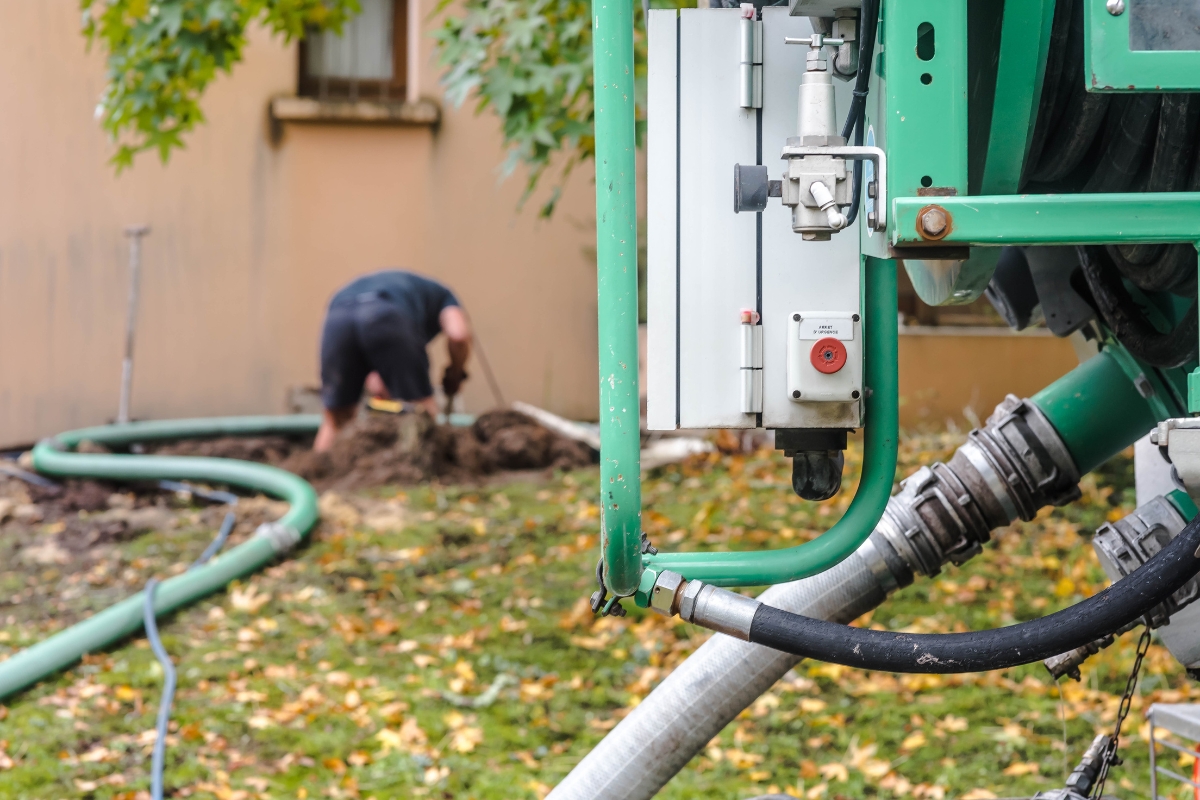
To prevent future septic emergencies, it’s essential to understand the potential causes behind these disasters. By addressing these underlying issues, you can minimize the risk of a recurrence.
Improper care methods, like irregular pumping or overlooking routine inspections, may result in septic system malfunctions. Additionally, causing strain on your system through excessive water usage or disposing of non-biodegradable materials down the drains can lead to substantial harm.
Invasive tree roots can infiltrate your pipes and disrupt proper drainage, leading to backups and blockages. Harsh chemicals and cleaning agents can kill beneficial bacteria in your septic tank, hindering its ability to break down waste effectively. Furthermore, outdated or improperly designed systems may not be equipped to handle increased household usage or changes in soil conditions over time. Understanding these potential causes empowers you to take preventative measures and avoid future emergencies.
Tips for Preventing Future Septic Emergencies
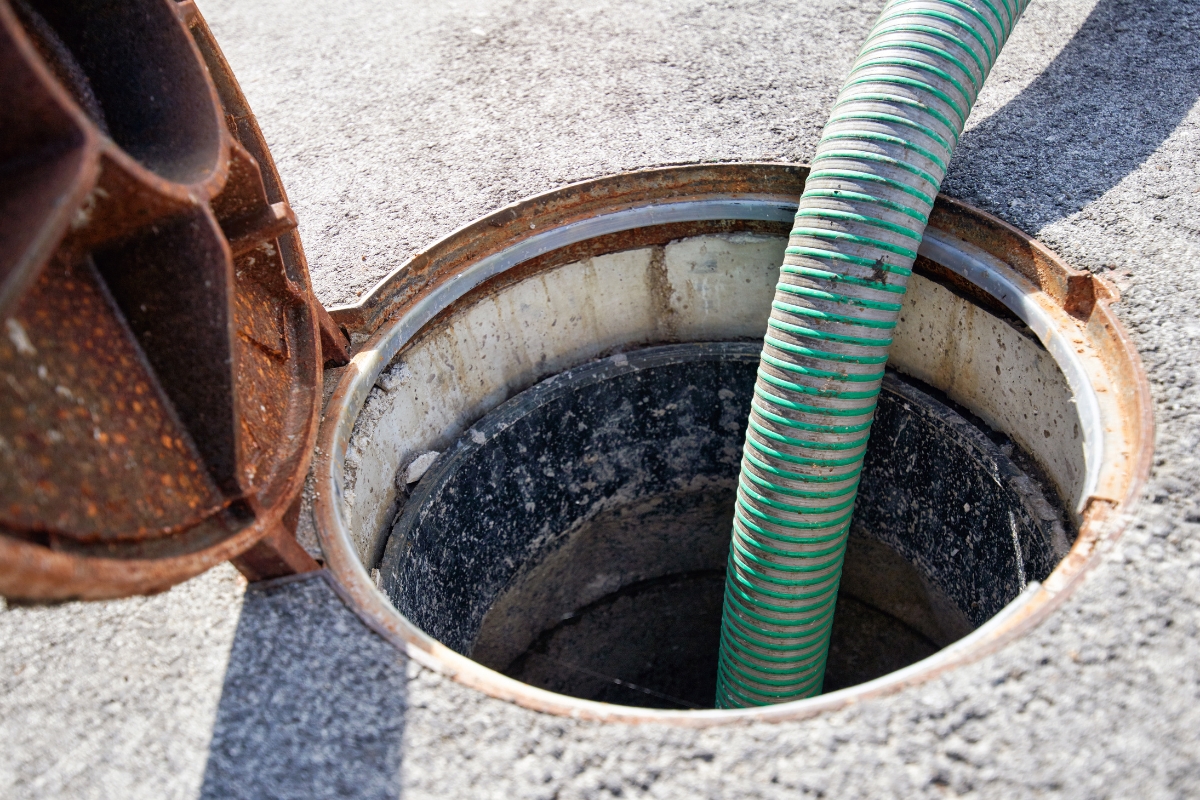
To prevent future septic emergencies, there are several essential tips that homeowners can follow to maintain their septic systems effectively. One crucial aspect is to schedule regular inspections and maintenance with reputable emergency septic services. These professionals can identify potential issues early on and prevent them from turning into costly emergencies.
It’s important to pay attention to what you dispose of in your drains. Refrain from flushing non-biodegradable materials like paper towels, wipes, or feminine hygiene products, as they have the potential to block the septic system and cause issues. Correct disposal of waste is crucial for maintaining the effectiveness of your septic system.
Regularly pumping out the septic tank is also crucial. This helps prevent the buildup of solids that can clog the system and cause emergencies. A professional emergency septic service can advise on the recommended frequency for pumping based on household size and water usage.
Make sure to give proper attention to the upkeep of your drain field. To prevent any issues, refrain from parking cars or placing heavy items on the drain field, as this could compress the soil and interfere with the septic system’s operation. Additionally, it’s advisable to steer clear of planting trees or shrubs close to the drain field to minimize the risk of root encroachment.
Monitoring water usage is another vital tip for preventing septic emergencies. Excessive water usage can overload the system and lead to backups. Installing water-efficient fixtures and being mindful of water consumption can help prevent such issues.
Be sure to familiarize yourself with the indicators of septic system issues. If you observe slow drainage, hear gurgling sounds, detect unpleasant smells, or spot wet spots near the septic tank or drain field, it’s vital to reach out to emergency septic professionals without delay to resolve the problem before it worsens significantly.
The Role of Regular Maintenance in Avoiding Emergency Situations
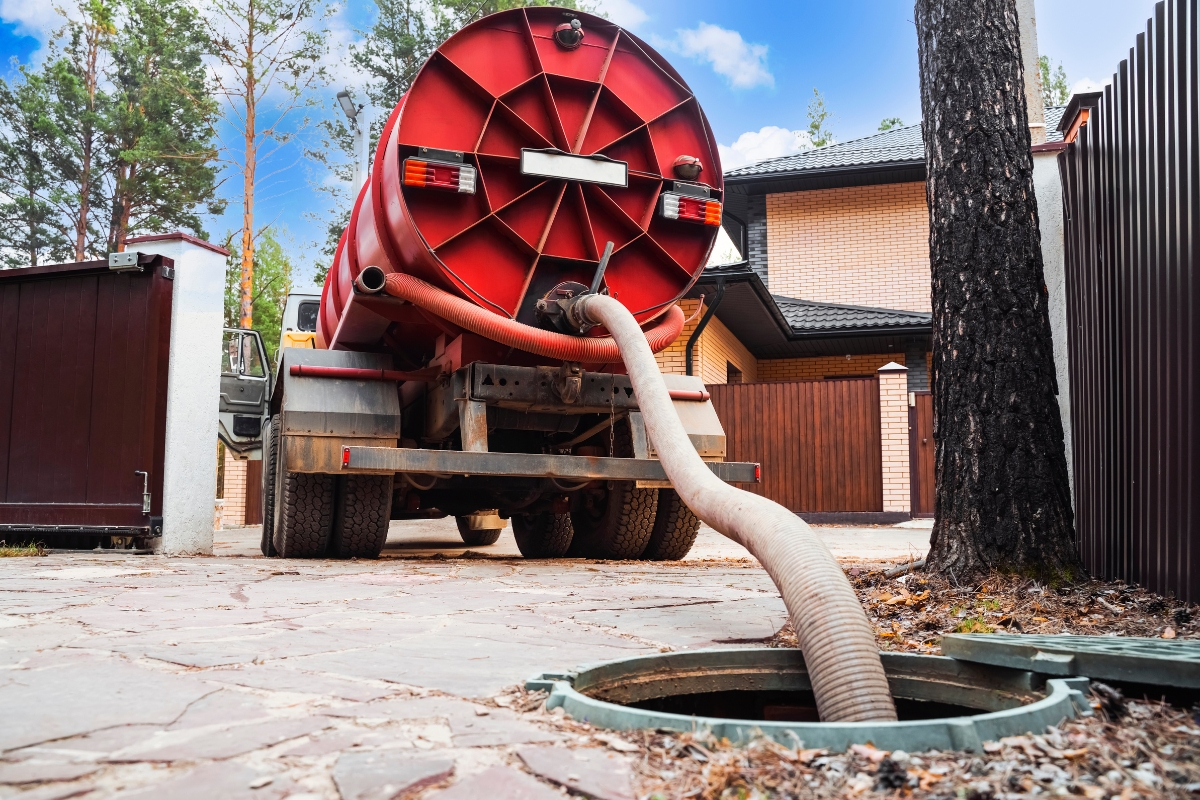
Maintaining a healthy septic system is crucial for avoiding emergency situations altogether. Regular maintenance not only extends the lifespan of your system but also minimizes the likelihood of sudden failures.
Scheduling routine inspections allows professionals to identify potential issues early on and address them before they escalate into emergencies. During these inspections, they will check for signs of wear and tear, leaks, blockages, or any other red flags that could compromise the functionality of your septic system.
Pumping your septic tank at regular intervals removes accumulated solids that can clog pipes and cause backups. This process ensures that wastewater flows smoothly through the system without causing any damage or health hazards.
Investing in regular maintenance may seem like an additional expense, but it pales in comparison to the costs associated with emergency septic services and repairs. By being proactive, you save yourself from the stress and financial burden of dealing with a full-blown septic disaster.
Handling Different Types of Septic System Failures
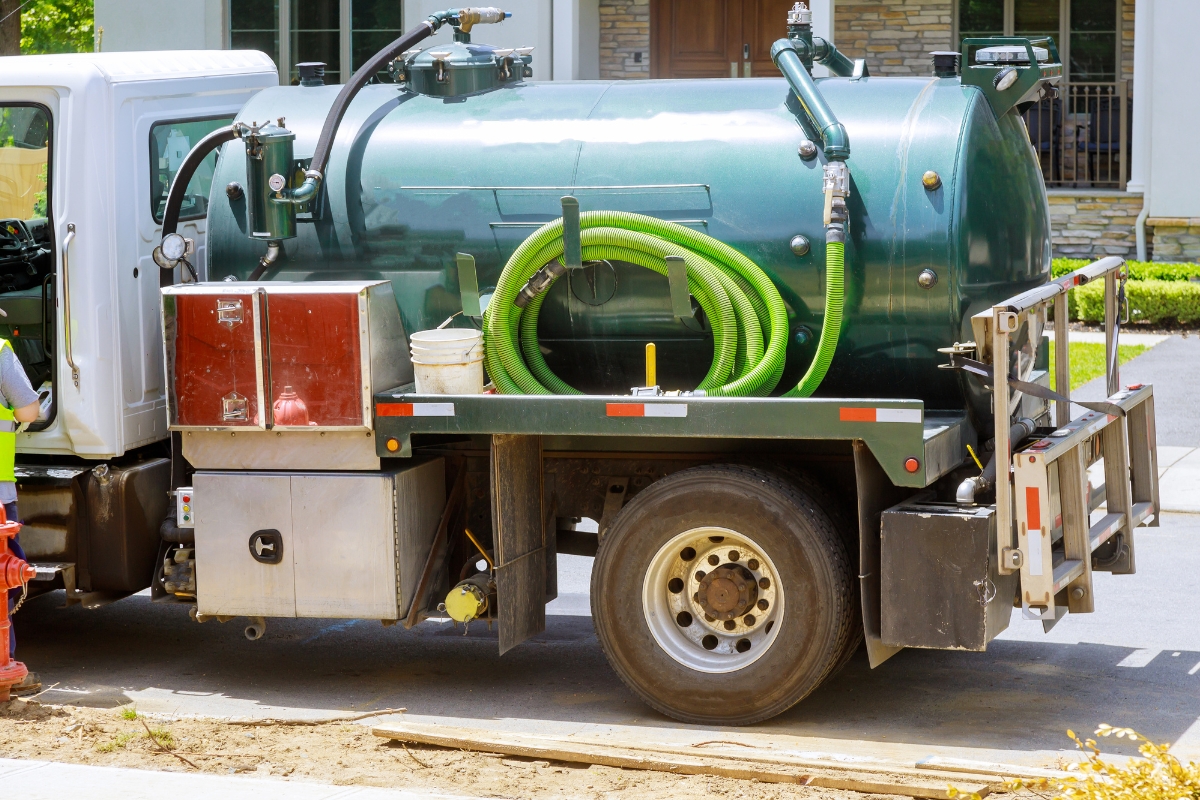
When it comes to emergency septic services, being prepared to handle different types of septic system failures is crucial for every homeowner. Understanding the common issues that can arise with septic systems can help you take quick and effective action to prevent further damage and costly repairs.
During septic system troubleshooting, one of the most common failures encountered is a clogged drain field. This issue arises when solid waste and sludge accumulate within the septic tank, resulting in a blockage in the drain field pipes.
Should you notice slow drainage in sinks and toilets, hear gurgling sounds from your plumbing, or experience sewage backups indoors, these could be indications of a blocked drain field. It is crucial to promptly engage emergency septic services to evaluate the issue and clear the drain field, preventing additional harm.
Another issue that homeowners may face is a septic tank overflow. This can occur when the septic tank becomes too full, causing sewage to back up into the house.
Signs of a septic tank overflow include foul odors around the property, sewage backups in drains, and standing water around the septic tank. In this situation, it is important to avoid using any water in the house and contact emergency septic services right away to pump out the septic tank and prevent a major disaster.
In addition to these common septic system failures, issues such as broken pipes, tree root intrusion, and tank leaks can also cause significant problems for homeowners. Regular maintenance and inspections of your septic system can help identify any potential issues early on and prevent them from turning into emergencies.
Ensuring Safety Measures During Emergency Repairs
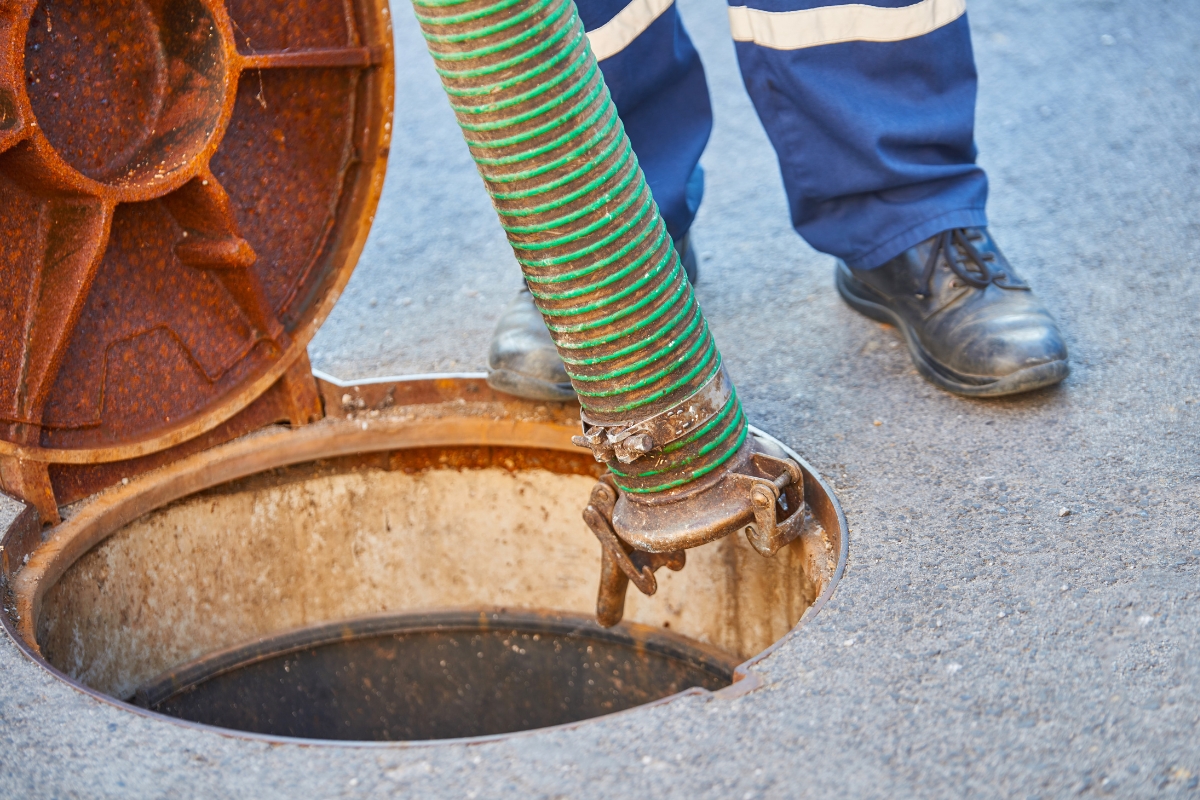
When it comes to emergency septic services, ensuring safety measures during repairs is paramount. Handling household disasters such as septic system issues requires a strategic approach to protect both property and individuals involved. Whether it’s a sudden leak, blockage, or other septic emergencies, following proper safety protocols is crucial.
- Safety Equipment: Before initiating any emergency repair work related to septic systems, it’s essential to have the right safety equipment on hand. This includes gloves, goggles, masks, and protective clothing to safeguard against harmful substances and bacteria present in the sewage.
- Proper Ventilation: In cases of septic system emergencies, proper ventilation is key to preventing exposure to toxic gases like methane. Ensure that the area is well-ventilated before starting any repair work. Open windows, doors, and use fans to improve air circulation.
- Secure the Area: To prevent accidents and injuries during emergency repairs, it’s vital to secure the work area. Use caution tapes or barriers to keep bystanders away and minimize the risk of anyone inadvertently stepping into hazardous zones.
- Turn Off Utilities: Before commencing any repair work on the septic system, make sure to turn off all utilities connected to the area. This includes water supply, electricity, and gas lines to avoid any potential dangers or complications.
- Follow Guidelines:Adhere to guidelines and instructions provided by emergency septic services professionals. Avoid taking unnecessary risks or attempting repairs beyond your expertise. It’s always best to seek professional help when dealing with complex septic system issues.
- Emergency Contact: In case of a severe septic system emergency that poses immediate danger, contact emergency septic services right away. These professionals are equipped to handle critical situations safely and efficiently.
Ensuring safety measures during emergency repairs for septic system issues is crucial for protecting both property and personal well-being. By following proper safety protocols, using the right equipment, and seeking professional help when needed, you can effectively navigate household disasters related to septic systems. Remember, safety should always be the top priority in any emergency repair situation.
Conclusion: Preparedness is Key in Dealing with Household Septic Disasters
In conclusion, when it comes to household septic disasters, being prepared is crucial. Recognizing the signs of septic system issues, understanding the importance of timely response, and finding reliable emergency septic service providers are all essential steps in handling these emergencies effectively.
When it comes to emergency septic situations, having a reliable team on your side is crucial. At Smart Septic Pros, we specialize in handling household disasters promptly and efficiently. With our range of septic services and experienced professionals, you can trust us to resolve any septic emergency with precision and care.
Don’t hesitate to reach out to us at 678-993-4545 for immediate assistance or request a service through the contact form on our website. Your satisfaction and peace of mind are our top priorities, and we’re here to help you navigate through any septic crisis seamlessly.
